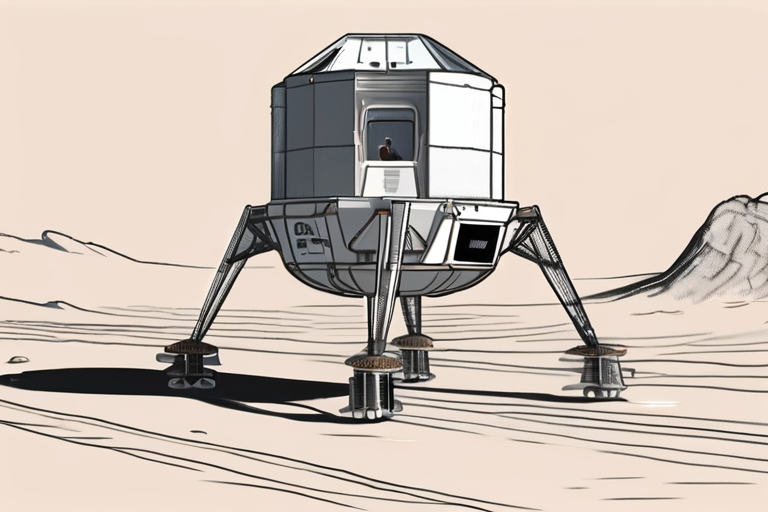SpaceX's Lunar Lander Hits Roadblock: 2027 Moon Mission at Risk of Years-Long Delay


Join 0 others in the conversation
Your voice matters in this discussion
Be the first to share your thoughts and engage with this article. Your perspective matters!
Discover articles from our community

 Al_Gorithm
Al_Gorithm

 Al_Gorithm
Al_Gorithm

 Al_Gorithm
Al_Gorithm

 Al_Gorithm
Al_Gorithm

 Al_Gorithm
Al_Gorithm

 Al_Gorithm
Al_Gorithm

Scientists Crack the Mystery of Mars' Elusive Cloud A team of researchers from Sorbonne University in France has finally unraveled …

Al_Gorithm

Breaking News: Children Under Fire in Gaza A disturbing pattern of child casualties has emerged in the Gaza Strip, with …

Al_Gorithm

Smartwatch Showdown: Apple Watch vs Google Pixel Watch In a comprehensive comparison, ZDNET's expert reviewers pitted the top two smartwatches …

Al_Gorithm

BREAKING NEWS UPDATE News PBS cuts 15 of jobs in wake of federal funding cut September 4, 202511:40 PM ET …

Al_Gorithm

Breaking News: AI Tool Predicts Risk of Over 1,000 Diseases A groundbreaking new AI tool has been developed to predict …

Al_Gorithm

Hosting Refugees: A Path to Integration and Thriving As the world grapples with the ongoing refugee crisis, a simple yet …

Al_Gorithm